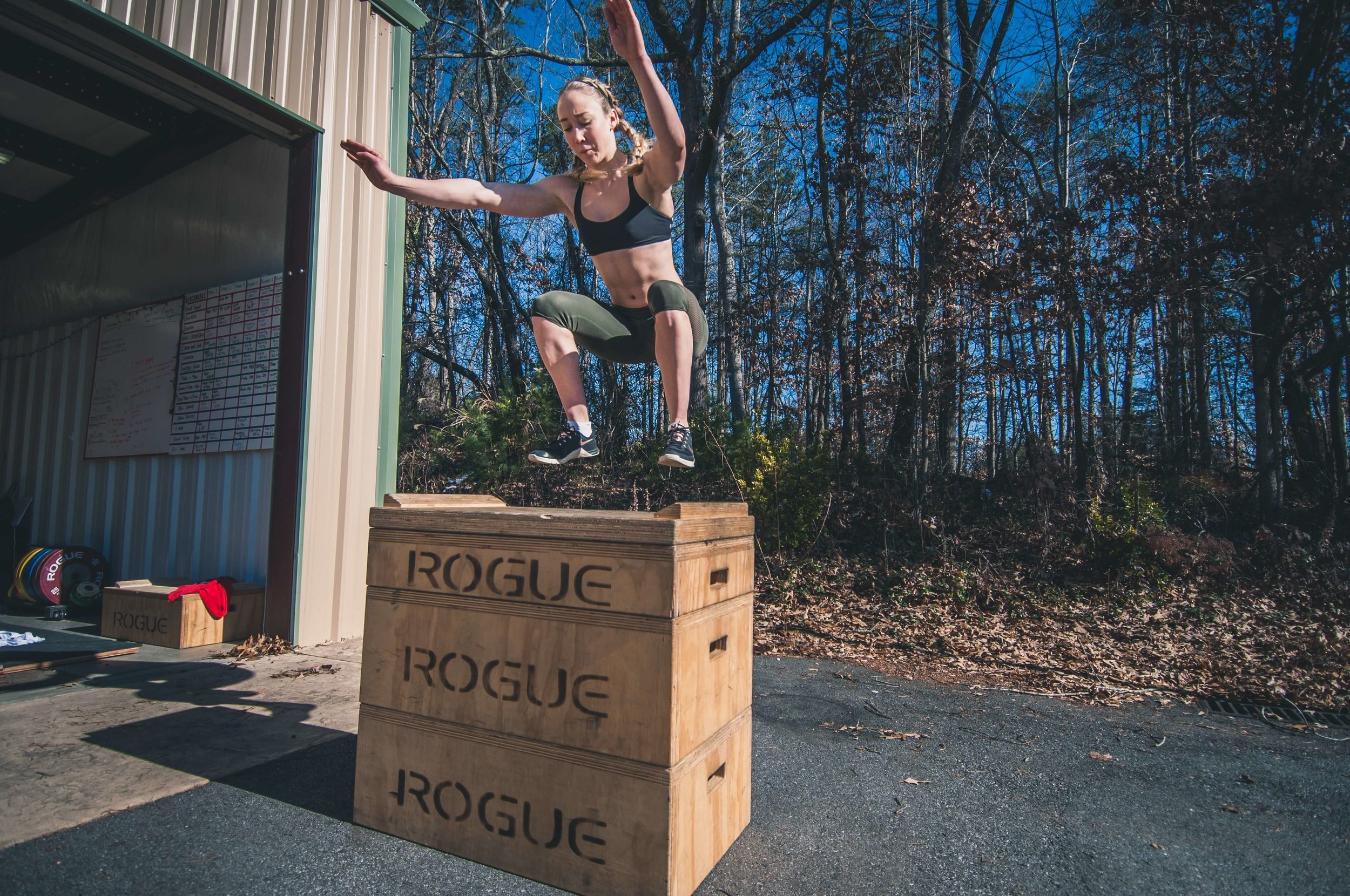If you're on a quest to immerse yourself in the world of training, health, and well-being, we've got the perfect match for you.
Tune into our podcast. It's straightforward, engaging, and packed with expert insights from coaches, doctors, and athletes. We cover it all: training, nutrition, weightlifting, and the essential elements of health and well-being. You'll get practical advice—no fluff, just the stuff you need to know to flourish, inside and out. Start listening today.
STRENGTH RATIO
Podcast
Search by topic or find a specific episode!
Episode 51: Introspection over Instagram and Science over Sensationalism-- Pixie Turner’s Take on Nutrition in the Media
Nutrition can be a topsy-turvy place-- a place where misinformation parades around in six-pack suits with “fitspo” masks, where cult leaders preach food restriction dogma from social media pulpits, where marketing supplants science, and where people trap themselves in echo-chamber labyrinths of their own design.
Episode 49: Alan Flanagan Defends the Science of Nutrition
When it comes to nutrition, there’s an elephant in the room. Actually, a few. And Alan Flanagan, M.Sc., Ph.D. candidate studying chrono-nutrition, and former lawyer, joins us on Episode 49 to confront them.
He begins with a particularly stubborn impediment to progress: Post-Truth Anti-Intellectualism. This movement, characterized by…
Episode 46: - Eric Trexler on Metabolic Adaptation, Non-exercise Activity Thermogenesis (NEAT), and a Cross-Comparison of Aerobic Training, Resistance Training, and HIIT for Fat Loss
Episode 46 of the Strength Ratio Podcast features Phd of Human Movement Sciences and Stronger by Science Director of Education, Eric Trexler.
Episode 45: Jackson Peos on Intermittent Dieting vs. Continuous Dieting for the Athlete
Episode 45 of the Strength Ratio Podcast features PhD Candidate, Jackson Peos. We welcomed Jackson to the show to discuss his latest literature review, titled “Intermittent Dieting: Theoretical Considerations for the Athlete”. Jackson conducted his review with the help of other PhDs in the field, including past guests Eric Helms and Andy Galpin.
Episode 37: Mike Molloy of M2 Performance Nutrition
Mike Molloy, owner of M2 Performance Nutrition, joins us for Episode 37 of the Strength Ratio Podcast.
Mike, who has worked as a nutrition coach for nearly a decade, explains how his one-on-one coaching has evolved from writing macro prescriptions, alone, to now involving lifestyle and behavioral coaching to better address the psycho-social influences of dieting.
For example, and as citied in greater detail in the episode, Kaymen et al., recently discovered that subjects who maintained their fat loss…
Episode 28: Performance Nutrition - Quantity & Quality
In Episode 25 of the Strength Ratio Podcast, Dr. Sobolewski joins us to discuss considerations for both quantity and quality of food for sports performance.
Nutrition can seem overwhelming. That’s why Dr. Sobo takes an academic, yet straightforward approach. He begins by speaking about how the quantity of food an individual should eat is dictated by their energy expenditure. He provides more information about how one can easily determine a starting point for their expenditure. He provides more information…
Episode 26: Supplements - The Best Current Evidence, and How It Can Help You Save Money
First and foremost, a supplement is, by its very definition, meant to be something added to an already balanced diet. If your diet sucks, no amount of supplementation will help you. Begin by getting your diet right; then, and only then, should you consider taking supplements.
Secondly, it is important to note that supplements are not drugs. If they were drugs, they would only be available by prescription, yet GNC and bodybuilding.com do not require a physician's referral.
Episode 14: Thoughts on Fatigue Management & Biofeedback
In this episode, we share our thoughts on recovering from and adapting to training for optimal results. We begin by highlighting the importance of adequate sleep, nutrition, and stress management/relaxation. We also discuss how, when these areas are negatively impacted, one can adjust training accordingly to reduce the risk of injury and allow for the maintenance of, rather than the regression of, desired fitness characteristics.
Next, we discuss methods of biofeedback…










